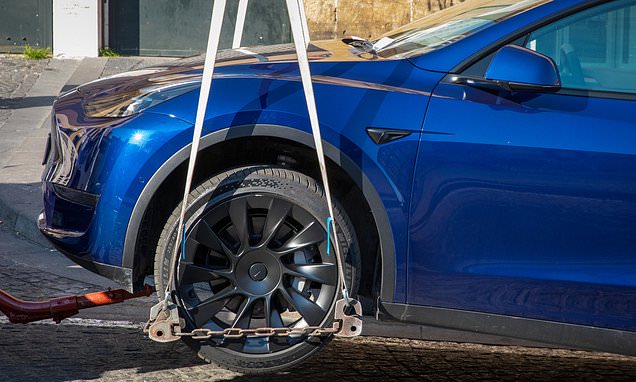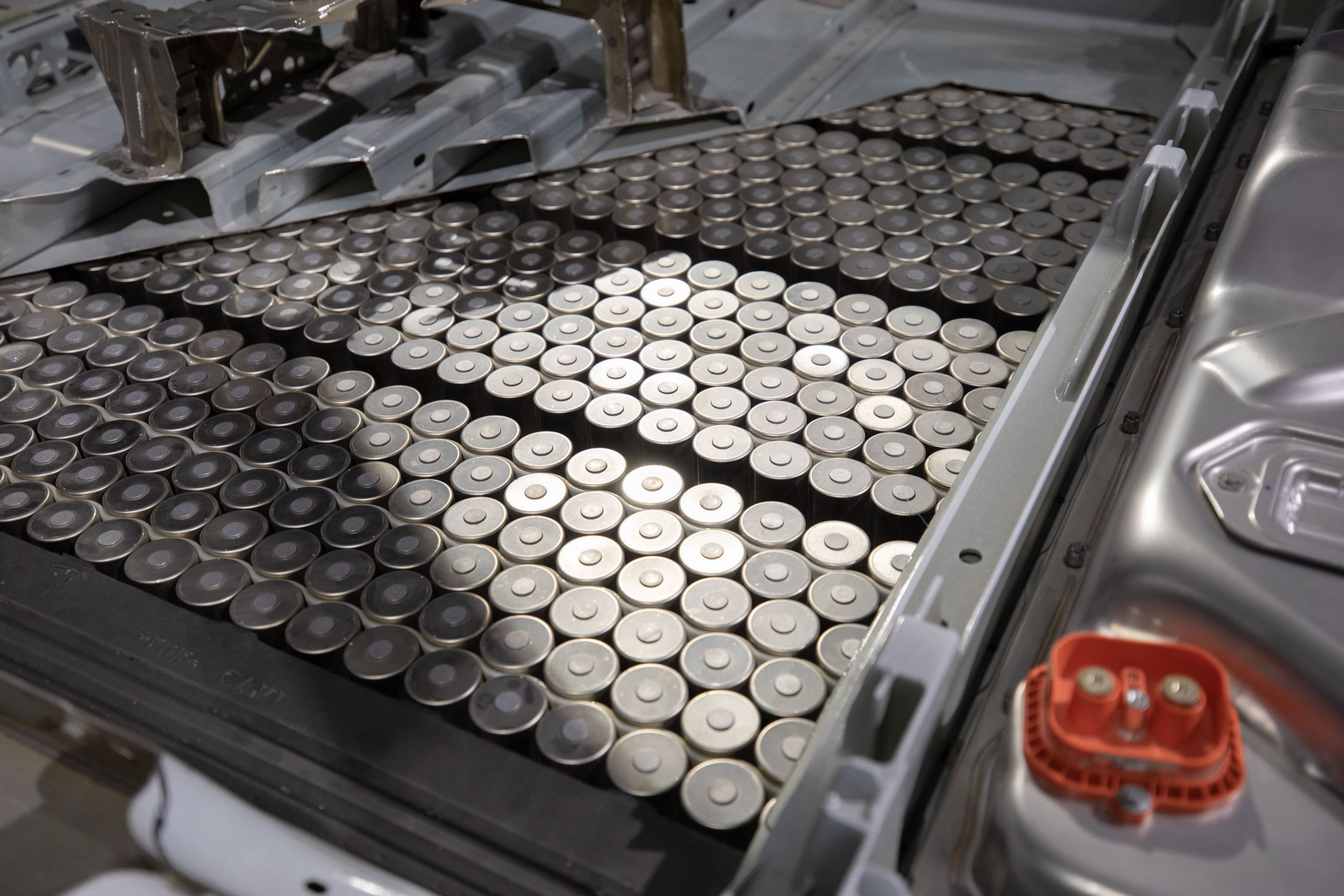Every new technology produces new challenges and there are almost always some serious fails, but those fails drive the redevelopment of the concept until it becomes a manageable process.
We are still in the very early stages of developing and adopting EV technology, Its frankly amazing how far we have come in just a decade, compared to the 100 plus years of ICe.
We don't seem to have burning EV's at every junction, nor are we being drowned by the piles of failed or damaged batteries. As ever these are clickbait stories, probably fanned by those who have a vested interest in maintaining the petrochemical status quo.
There are already several pilot plants around the world designed to recycle EV batteries, but the number of scrapped batteries is far smaller than even the industry anticipated so presently the economies of recycling end of life batteries hasn't become viable on a big scale. There will be an increasing number as more EV's and Hybrids are used and at some point there will be UK plants to handle them.
Yes there are issues with tackling fires involving EV batteries, and you can be certain the Fire Service is developing strategies to handle them, but becasue they are still actually quite rare and practical experience is taking time to be gained and procedures to be bedded in. But its a continually changing and developing subject area.
Battery manufacturers are working to reduce the risk of cells self destructing if they are damaged. Its an ongoing development on many fronts, and I am confident that before much longer the risks will be reduced even further.
We can't be complacent, and more does need to be done, but equally we shouldn't be giving such over egged stories so much credence.
Simply due to the sheer numbers of ICe vehicles on the roads there will be many more fires and scrapped ICE vehicles, with all the pollution they cause than EV's for many decades to come.



